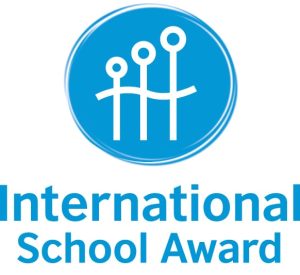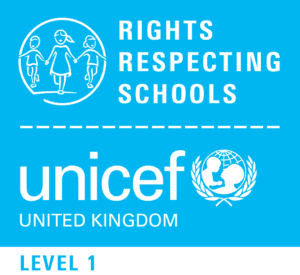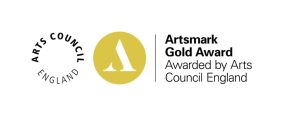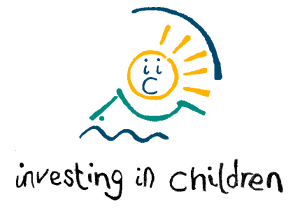We carefully track the progress of all pupils at Etherley Lane Primary School. The needs of some of our pupils can be met through quality first teaching. However, sometimes a child may not make progress as expected, the class teacher may then discuss the child’s learning needs with the Special Education Needs Coordinator (SENCo) to identify any barriers to learning. A Short Note would be made at this time and the child’s parents or carers would be fully involved in this process. The child’s progress would be carefully monitored and if necessary, the class teacher or SENCo would discuss with the parents/carers any further concerns they may have. In order to make progress, the child may require some extra intervention, for example small group work, extra resources, additional time, individual behaviour systems or charts etc and a SEN support plan may be put in place. Sometimes it is necessary for the school to refer to another agency or service to support the child. Once again, this process would be in consultation with the parents or carers. A meeting maybe organised to discuss the needs of the child with other agencies. If requested, parents or carers can be supported with the process by the school, the Learning Mentor or by the SEND Information, Advice and Support Service (SENDIASS).
Contact information can be found using the link below or you can ask Mrs. Lee or Mrs. Coxon for further information.
http://www.durhamsendiass.info/
Often, parents/carers are the first to recognise signs of a SEN and can raise this with the class teacher initially. The SENCo can also be contacted; we will then liaise to find the best route forward.
For some children, who have a significant and/or complex level of need, as assessed by school staff, outside agencies and an Educational Psychologist, we would speak to parents/carers to ask them whether they would give consent for the initiation of a Statutory Assessment to potentially provide the child with an Education and Health Care Plan (EHCP). As a school we would then submit evidence to an Inclusion Panel showing the complex and/or significant level of the pupil. If the Inclusion Panel agrees that the evidence presented shows that a child needs the support of an EHCP to be fully included and to make progress then a Statutory Assessment will be started. This is a detailed assessment of child’s needs and a range of professionals (including medical staff, school staff, other agencies involved such as speech therapists, etc) will work with the child and write reports that will then be presented to an Inclusion Panel. Parents/carers will also be asked to provide some written information about their child. As a school, we recognise how complicated the process of statutory assessment can seem and always offer parents/carers extra support from the SENCo, Learning Mentor or SEND Information, Advice and Support Service (SENDIASS – please see link above) to help them with this.
If the Inclusion Panel agree that the evidence submitted shows that the pupil has needs that require an EHCP then this will be issued. A child with a plan will often need a highly individualised curriculum. Where possible, the curriculum at Etherley Lane Primary School will be adapted according to any recommendations made.
A review meeting will be held annually to discuss the child’s progress and the plan that is in place.
When providing support that is ‘additional to’ or ‘different from’ we follow an Assess, Plan, Do Review process:
Assess – Taking into consideration information from parents/carers, teachers, assessments, other professionals and the child themselves.
Plan– Identify the outcomes and the provision to be provided to meet those outcomes. This will be recorded on an SEN plan or EHCP.
Do – proving the support as set out in the plan.
Review – measuring the impact of support provided and considering whether changes need to be made to the support provided. All those involved will contribute to this review and it will be used to inform the next cycle.















